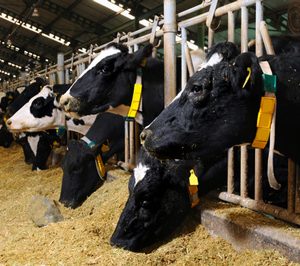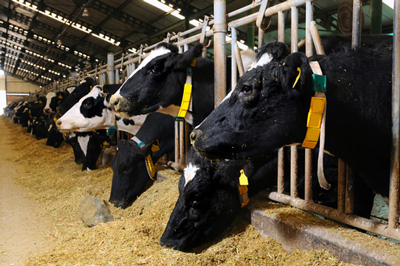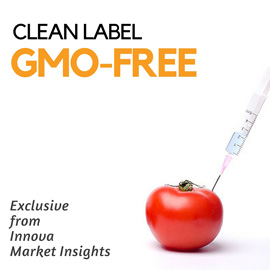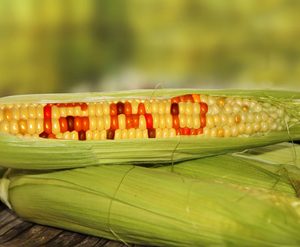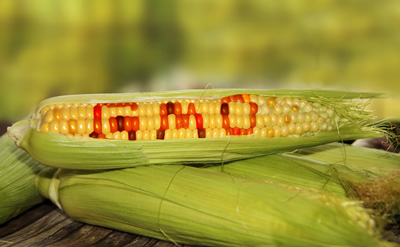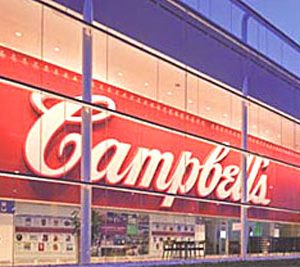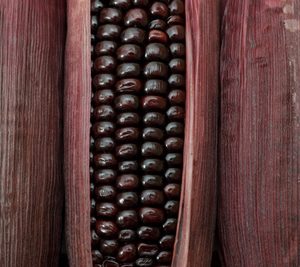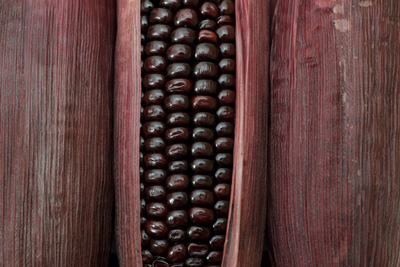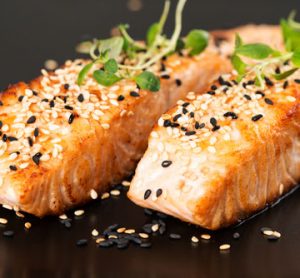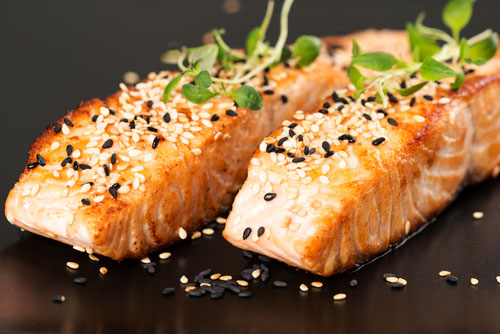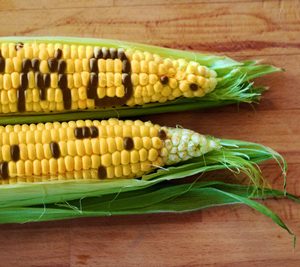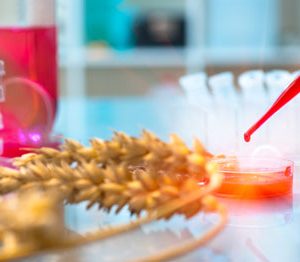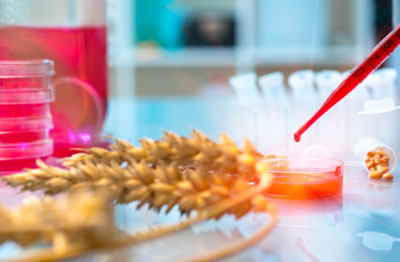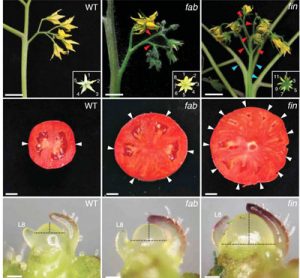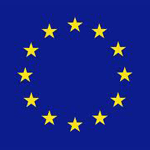article
13 June 2008 | By Maddalena Querci, Hermann Broll and Guy Van den Eede, European Commission, DG Joint Research Centre, Institute for Health and Consumer Protection, Biotechnology and GMOs Unit
GMO detection and analysis in its broader sense is an integral part of GMO development, breeding programmes and of subsequent seed verification programmes. It is applied in both the export and import of grain/agricultural products, for regulatory compliance of approved and unapproved events in different countries, for labelling requirements, quality…



